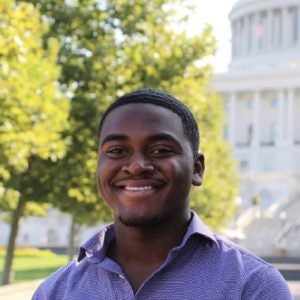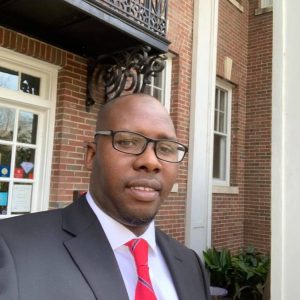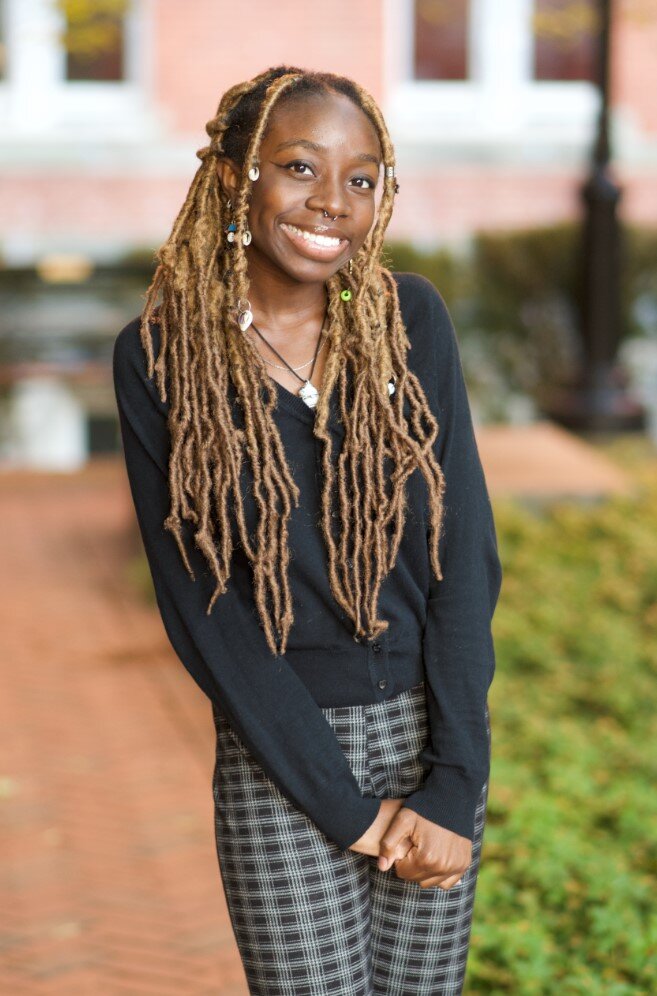
For Terence Armstead (SFS’23), the Walsh School of Foreign Service (SFS) value of service is personal and immediate. “As a Black man in SFS, where we are so underrepresented, it is helpful to my community and my peers for me to include myself in every effort of service and community advancement,” he says.
Armstead is a member of the inaugural cohort of SFS Student Ambassadors, a new initiative launched by the SFS Office of Diversity, Equity and Inclusion (DEI) to make SFS a more inclusive place for students from minority backgrounds within Georgetown University.
The program invites current students to reach out to their peers and prospective students to establish networks of support for newer students and those who are considering applying to SFS.
Through a range of outreach activities, including Black, Indigenous or people of color (BIPOC) social mixers, guided campus tours and presentations to local high schoolers, these ambassadors seek to make Georgetown and SFS more accessible for students from a range of backgrounds, especially for students of color and low-income students.



